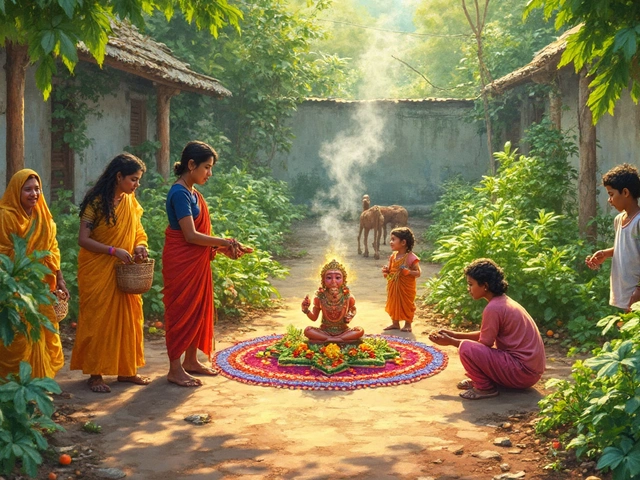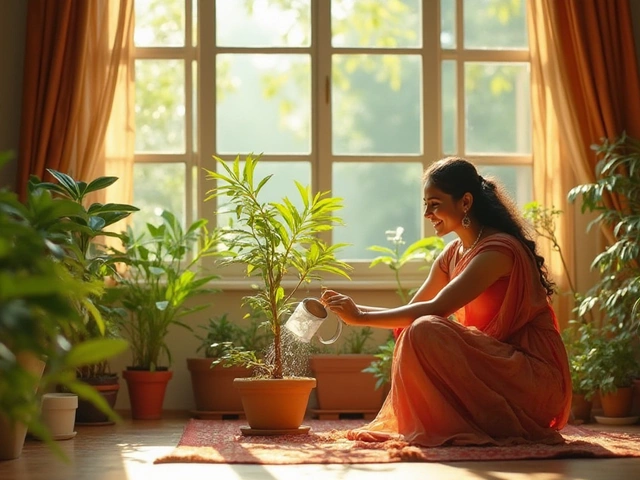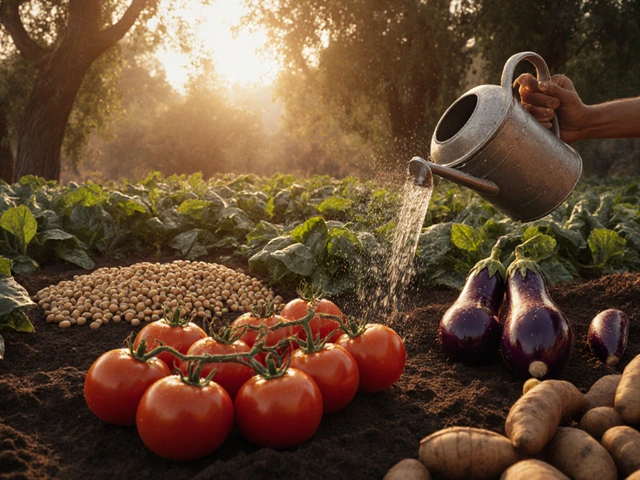Unique Blossoms: Rare Flowers and Tips for Indian Gardens
Ever walked through a garden and spotted a flower you’ve never seen before? Those moments are what make gardening exciting. In India, the climate and diversity create some truly unique blossoms that can turn any space into a visual treat. Below we’ll break down a few standout flowers, when they burst into color, and how you can grow them without the guesswork.
Lucky and Cultural Blossoms
One flower often called the “luckiest” in India is the marigold. Its bright orange and yellow petals are a staple at festivals, weddings, and religious ceremonies. The belief is simple: the flower’s vibrant hue drives away negative energy. Growing marigolds is easy – they love full sun, well‑drained soil, and a steady water supply. Start seeds after the monsoon ends, and you’ll see blooms in about 60‑70 days.
Another culturally rich blossom is the lotus. While it needs a water‑filled environment, the lotus symbolizes purity and spiritual growth. If you have a pond or can create a shallow basin, plant rhizomes in a container with heavy soil, then submerge it. The flower will rise when temperatures stay above 20°C. Regularly skim surface algae and give it moderate fertilizer to keep the leaves healthy.
When Do Flowers Bloom in India?
India’s regional climates dictate blooming seasons. In the north, roses and dahlias peak from November to February when the weather cools down. In the south, jasmine and hibiscus thrive from March to May, taking advantage of the warm, dry spell. For a garden that always has something blooming, mix early‑season crocuses (January), mid‑season lilies (April), and late‑season chrysanthemum (October). This staggered approach ensures color throughout the year.
For those interested in the fastest growing flowering trees, consider the royal poinciana (Delonix regia) and the silk floss tree (Ceiba speciosa). Both can reach full canopy in 4‑5 years when planted in well‑drained, sandy loam and watered deeply during the first two growing seasons. Prune dead branches in the dry season to encourage new growth and keep the shape tidy.
Now that you know a few standout blossoms, here’s a quick checklist to get started:
- Soil prep: Loosen heavy soil with compost or sand for better drainage.
- Sunlight: Most unique blossoms need at least 6 hours of direct sun.
- Watering: Keep soil moist but not soggy; drip irrigation works wonders.
- Fertilizer: Use a balanced NPK 10‑10‑10 once a month during active growth.
- Timing: Plant after the main rainy season to avoid waterlogging.
Experiment with one or two of these plants this season. You’ll quickly see how a single unique blossom can change the whole vibe of your garden. Have a favorite rare flower you’ve grown? Share your experience in the comments and help other gardeners discover new gems.
Most Beautiful Flower in the World: Types, Facts, and Gardening Tips
Discover what makes a flower truly beautiful, from legendary blossoms to rare species. Get practical gardening tips and fascinating facts to grow stunning flowers.
About
Flower Gardening
Latest Posts


Permaculture Gardening: What It Means and How to Get Started
By Alden Thorne May 7, 2025

Indian God of Vegetables: Myth, Meaning, and Tips for Better Gardening
By Alden Thorne Apr 26, 2025

Essential Guide to Thriving Indoor Plants Care
By Alden Thorne Jan 21, 2025

